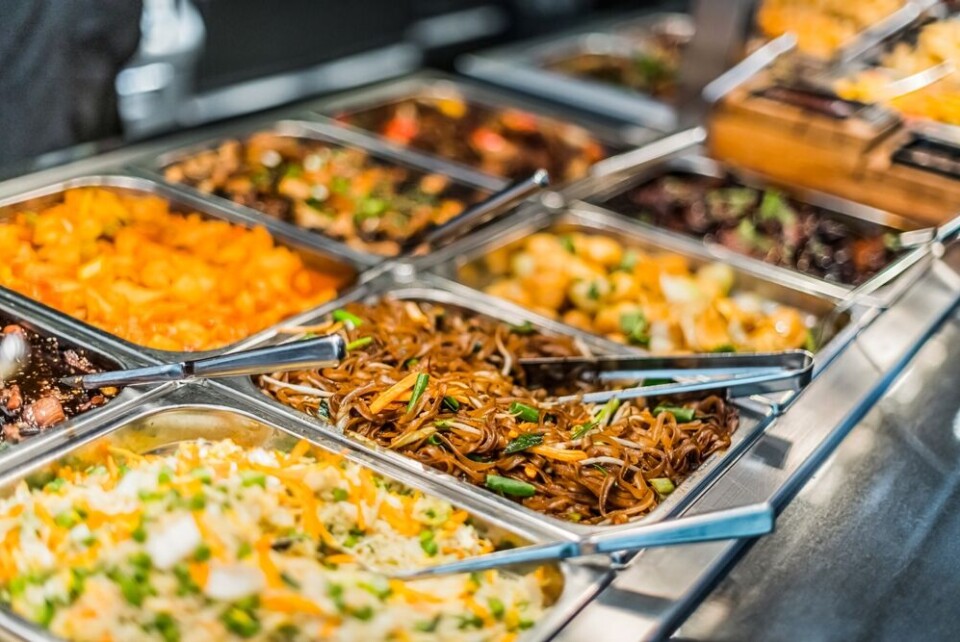-
QR code to replace paper instructions for 100 medicines in France in new trial
Paracetamol and cholesterol medication to be included in scheme that launches this autumn
-
Online ‘anti-waste’ supermarket offers deals on everyday items in France - we test it
Discounts of 10% to 50% available on brand products
-
The curious case of Good Friday: Why only some parts of France have the day off
Three French departments benefit from two extra public holidays
French restaurants add €5 to bill if you do not eat all your meal
The move aims to raise awareness of the rising cost of food - and the growing issue of food waste

Eyes bigger than your stomach? Piling your plate with more than you can eat may now cost more, as two buffet restaurants in Brittany have begun charging €5 extra if you do not finish your meal.
The restaurants in Quimper say they have introduced the system to raise awareness of the problem of food waste and the rising difficulty of sourcing quality produce.
Every year in France, 10 million tonnes of food is thrown away, costing €16 billion, show Ecology Ministry figures. One study by French ecology agency Ademe (l’Agence de la transition écologique) even found that waste represents a third of ‘consumption’.
Fee for ‘flagrant disrespect’
Now, Sarah and J.-P. Xu, owners of the Pan-Asian buffet restaurants L’Atlantis and L’Aigle royal, have begun charging a €5 supplement for each unfinished plate of food.
The couple told Capital that they “wanted to raise awareness among our customers…that we are having greater difficulty in sourcing raw materials”, and to highlight the problem of food waste.
So far, after having the system in place for several months, the restaurants have only had to charge the fee “infrequently” (so far only nine times). Mr Xu said that an extra €45 will not make them rich, and the issue is more about the “flagrant disrespect” shown by some customers.
The restaurants are large and buffet-style. One can serve between 300 to 1,000 people, and the other can feed between 180 to 600 people, depending on the day. Customers can serve themselves from a wide array of dishes. This means that food waste can quickly add up.
The owners say that they focus on awareness, and ensure that the waiting staff make the policy very clear to customers up front. They also aim to levy the fee fairly, they said, and are understanding if a customer simply does not like the food. “We only overcharge when there is obvious waste,” Mr Xu said.
The staff in the kitchen also aim to reduce waste by storing food carefully to “preserve its freshness” and only serving up reasonable portions and selections of dishes.
Despite the rising cost of living, the couple say that their customers have largely welcomed the rule.
“People understand that eco-friendliness is now everyone's business and they are receptive to our message,” said Mr Xu. “We can hear that adults are keeping an eye on their children's plates, asking them to taste [the dish] before helping themselves, for example.”
Read also
Restaurant in France sets prices depending on what diners can afford
Trend for simple traditional restaurants continues in north France
Photos: The Paris restaurant that serves food without plates
























